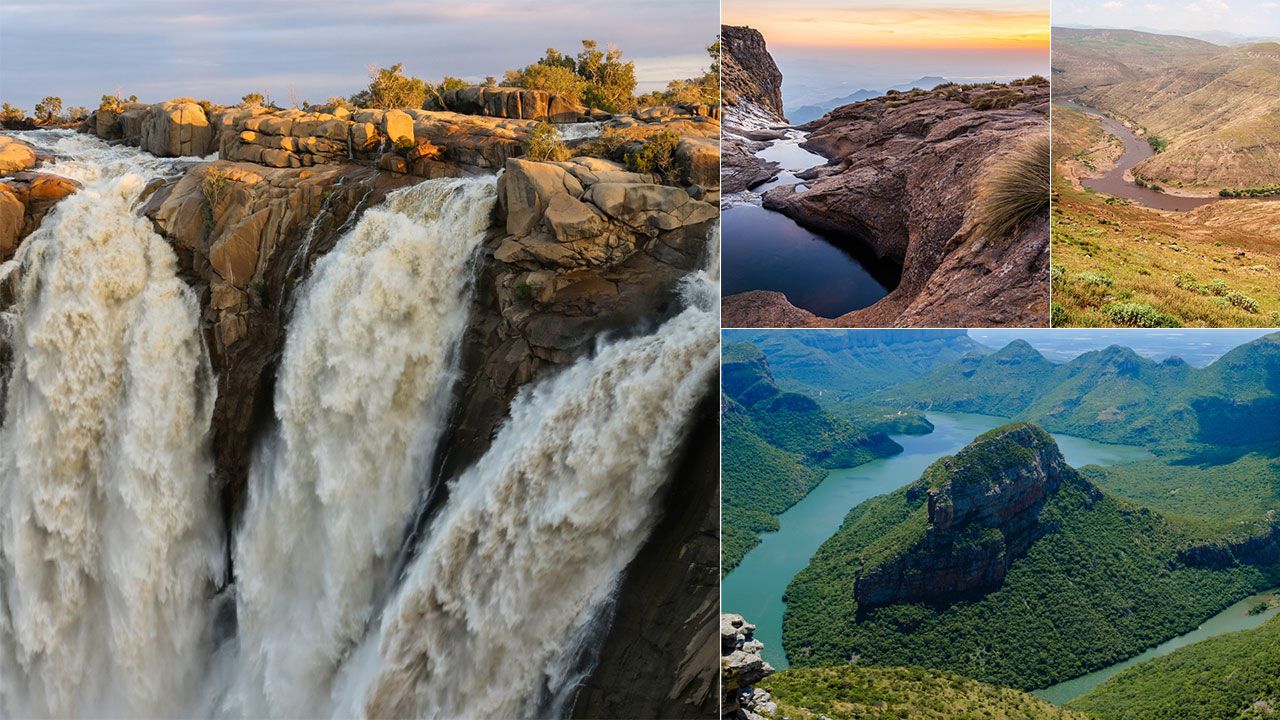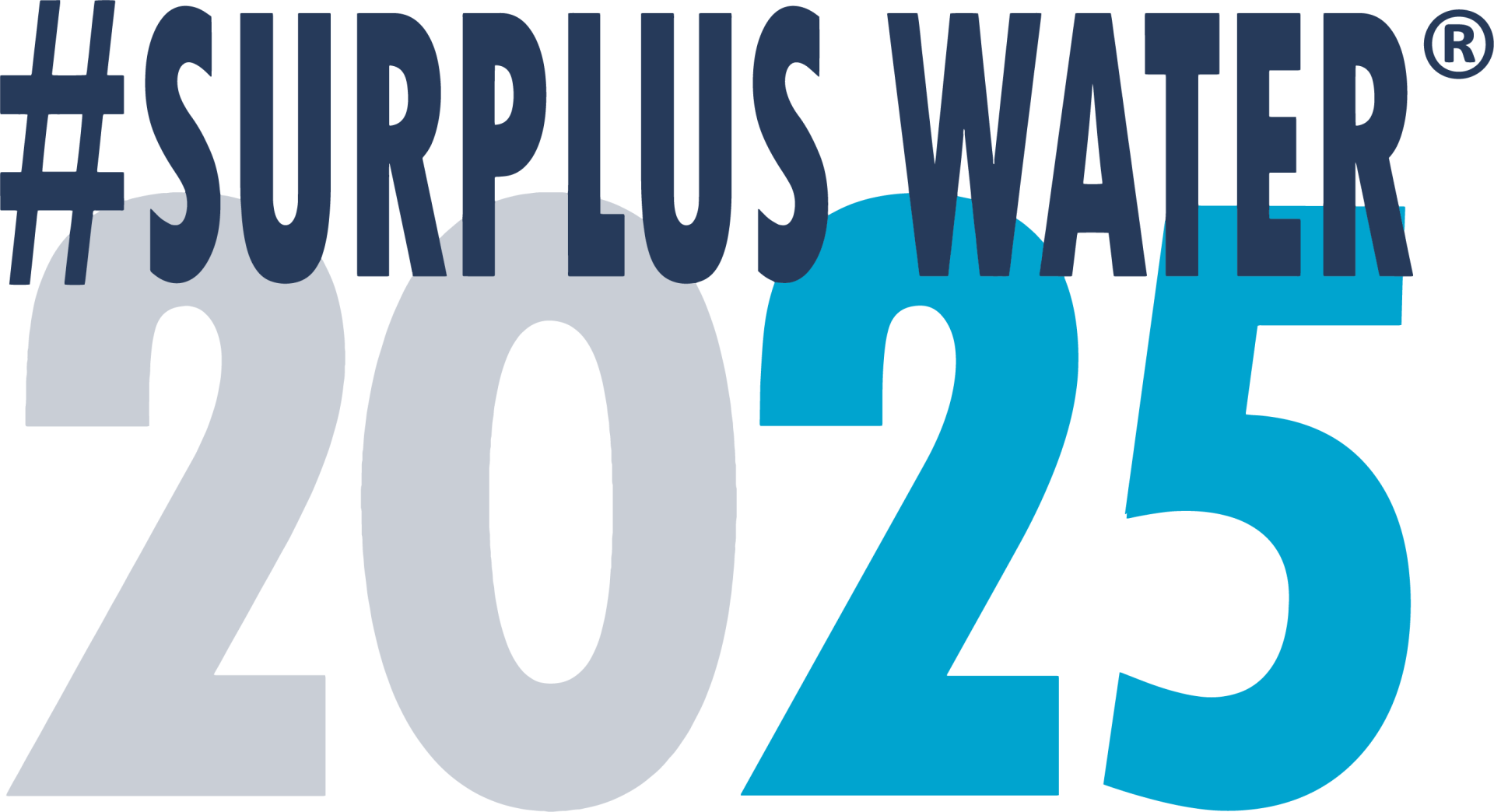Focus on Freshwater: A Journey Through South Africa's Lifeblood
Feb 12
/
Aldert Brink

In October 2023 the World Wide Fund for Nature (WWF – formerly known as World Wildlife Fund) published a report on the ‘realistic’ value of water, titled High Cost of Cheap Water: The True Value of Water and Freshwater Ecosystems to People and Planet. The report uses the term ‘water blindness’ as the main culprit causing us to treat and trade water as a low cost commodity. “This water blindness – the lack of awareness and understanding of the importance of water resources – has come at an immense cost.”
The report investigates how the use value, non-use value, and option value of water endlessly benefit societies, economies, and ecosystems. It states that freshwater blindness contributes to poor management and degradation that are the force behind the water crisis. However, the momentum to protect and restore freshwater systems is making progress, albeit very slowly. They call upon everyone in every sector of society to take the action needed to pave the way forward protecting and placing a high premium on the value of freshwater ecosystems.
“Everyone has a role to play in tackling the world’s freshwater crisis but real progress depends on urgent action by key stakeholders. Local, national and transboundary policymakers, civil society organizations, and business and finance leaders need to wake up to water risks and mobilize around fundamentally changing the way the world values and invests in water and freshwater ecosystems. At the heart of the global response is the need to protect and restore healthy rivers, lakes, wetlands and aquifers – our freshwater life support systems, which have been undervalued and overlooked for far too long. Transforming our approach to managing water and freshwater ecosystems is the key to solving the world’s water crisis as well as central to tackling the global nature and climate crises.” (p. 8)
The last sentence in this quote made me realise what important role freshwater plays. In many ways, it speaks to my own freshwater blindness. The report makes an interesting observation that although freshwater sustains almost every terrestrial species, the focus of conservation decisions has always been on land and sea with the protection of freshwater resources receiving eleventh hour consideration.
In the foreword to this report Kirsten Scuijt writes: “Water, our planet’s life blood, and the ecosystems that store and supply it – rivers, lakes, wetlands and aquifers – have been consistently undervalued.”
The unsung hero that is South Africa's Freshwater
South Africa is a diverse nation living in a country where diverse beautiful landscapes make many a foreign tourist come back for more. Intricate networks of rivers, streams, and tributaries act as lifelines, nourishing communities, ecosystems, and economies. The mighty Xhariep River, born in the rugged hills of the Drakensberg makes its way through an array of landscapes and the Kalahari sands, where it sustains lush green vineyards on its banks in an unforgiving dessert, carrying the stories of forgotten generations like diamonds to where it ends in the Atlantic Ocean. South Africa’s wetlands may not be as prominent or well known as the Orange River, but they’re still the silent guardians of water quality and biodiversity. Hidden aquifers sustains our cities and towns, nourishes our crops, and quenches our thirst. Our lakes are not the biggest in Africa, but worth our attention and careful consideration.
Write your awesome label here.
Write your awesome label here.
Write your awesome label here.
Write your awesome label here.
Being one of the most water scarce countries in the world, appreciating and understanding these crucial systems is essential for ensuring their continued health and our own well-being. Join us in the next few weeks as we dive a little deeper into the rivers, wetlands, lakes and aquifers of South Africa.
Read the full WWF report here:
Articles in the Focus on Freshwater series:
Empty space, drag to resize
Join the conversation
Follow us on Facebook or Instagram for more Stories of Water.
Empty space, drag to resize
Who we are
A community of water warriors, working together to raise water awareness, saving every drop and together, aiming for surplus water in South Africa.
Get in touch
-
South Africa, Earth :)
-
droppie@surpluswater2025.com
#SurplusWater2025 Copyright © 2025
